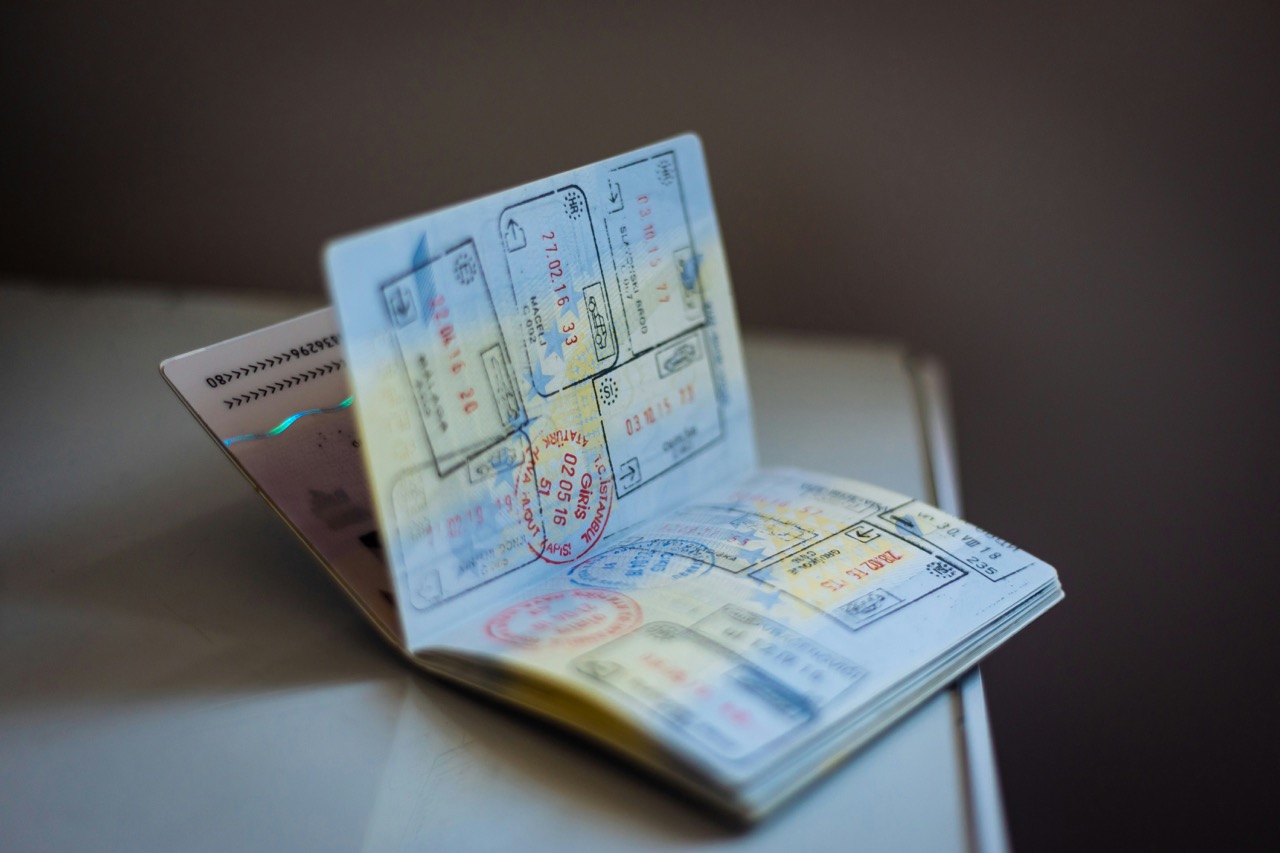At Your Pura Vida, we’ve worked with many clients who move to Costa Rica and focused on getting their immigration through the Rentista visa. For many years, it was a strong option, especially for those who didn’t want to commit to a large investment or who didn’t qualify via a pension. Recently, though, this path has closed for most. Rentista applications are being denied, renewals of existing Rentista status are also being rejected, and what was once a reliable option is no longer secure.
It’s important to understand that Costa Rica, like the U.S., Canada, the EU, and Latin American countries, sets clear limits on who may apply for residency and what the requirements for residency shall be. Immigration is never a one-size-fits-all process, and this revision to the Rentista visa is part of Costa Rica’s effort to define and tighten those limits. The role of Your Pura Vida is to help you determine whether there is still a pathway that works for your unique situation.
According to Quatro Legal, the government’s reasoning is that the income generated from the traditional $60,000 bank deposit does not qualify as true income. Instead, it is viewed as a gradual return of the applicant’s own funds. Although the underlying law was published in 2021, it did not take effect until the regulation was issued in February 2023. By 2024 and into 2025, the impact became unmistakable: applications under Rentista began facing widespread rejections.
Under the current rules, only those who can demonstrate true passive income of at least $2,500 per month are eligible. This can include rental income (with leases, bank statements, and CPA certification as proof) or dividends, interest, and similar income streams. Even then, Quatro Legal cautions that applicants must factor in significant additional costs, such as monthly Caja payments under Rentista – which are typically higher than other categories. Because of these stricter standards, many clients who once considered Rentista have found it no longer a realistic path.
That doesn’t mean residency in Costa Rica is out of reach. Many of our former Rentista clients have instead qualified through other residency options:
Costa Rica Pensionado Residency
If you have a guaranteed lifetime pension of at least $1,000/month, this remains the most affordable and stable pathway. However it’s important to note that covering rent, utilities, food, and transportation on $1,000/month is challenging for most, and for many the pension will need to be higher to make Costa Rican cost-of-living work.
Costa Rica Inversionista (Investor) Residency by Property
Requires an investment of $150,000 USD. This could be personal or under a corporation’s name through:
- Buying a home in Costa Rica – often the most common path for individuals or families relocating.
- Investing in a business, farm or tourism operation.
- Placing funds into approved securities.
While this pathway is attractive for those already planning to purchase property or launch a business, it’s important to understand that not every investment is counted equally. The valuation must be verifiable, documented, and tied directly to your immigration application. Additional costs such as property transfer taxes, legal fees, and ongoing maintenance should also be factored in when budgeting for this route.
Costa Rica Inversionista (Investor) Residency by Shares
A lesser-known route where you set up a Costa Rican corporation valued at $150,000 USD, using a promissory note as the capital contribution. While this is a solid legal strategy, it’s not for everyone and comes with ongoing corporate taxes, filings, and legal requirements to keep the company active. It can be a practical option for those who don’t yet want to tie their investment to real estate, but it should never be considered without expert legal guidance. In practice, most clients choose this path only when other forms of Investor residency are not yet feasible.
The important thing to know is that you do not have to give up your dream of relocating to Costa Rica. True, the Rentista visa may no longer serve the broad group it once did, but residency in Costa Rica remains achievable for many.
What it takes in 2025 and beyond is a clearer understanding of the available categories, an honest look at your financial picture, and trusted partners to guide you through the process. And for those who aren’t sure which path fits, know that both Your Pura Vida and Quatro Legal are here to ensure the right strategy is chosen from the start.
Working With Your Pura Vida
Relocation isn’t just about paperwork, it’s about building the life you want in Costa Rica. Your Pura Vida helps clients evaluate which residency path best matches their goals, while also factoring in housing, healthcare, schools, cost-of-living, quality of life, and community connections. The goal is to remove uncertainty and help you move forward with confidence. Schedule a consultation with Your Pura Vida to learn more.
When to Speak With Quatro Legal
For clients ready to move into legal strategy and filings, Your Pura Vida partners with Quatro Legal, one of Costa Rica’s most respected immigration law firms. They provide detailed legal analysis, handle the application process, and ensure compliance with the latest regulations. If you’d like a free, deeper consultation on your eligibility, Quatro Legal is the right next step.
Disclaimer
Your Pura Vida does not endorse any specific form of immigration, nor is it formally tied to Quatro Legal. This article is provided for the benefit of current and potential clients as general information. All legal questions should be addressed directly with a licensed law firm specializing in Costa Rican immigration law.

